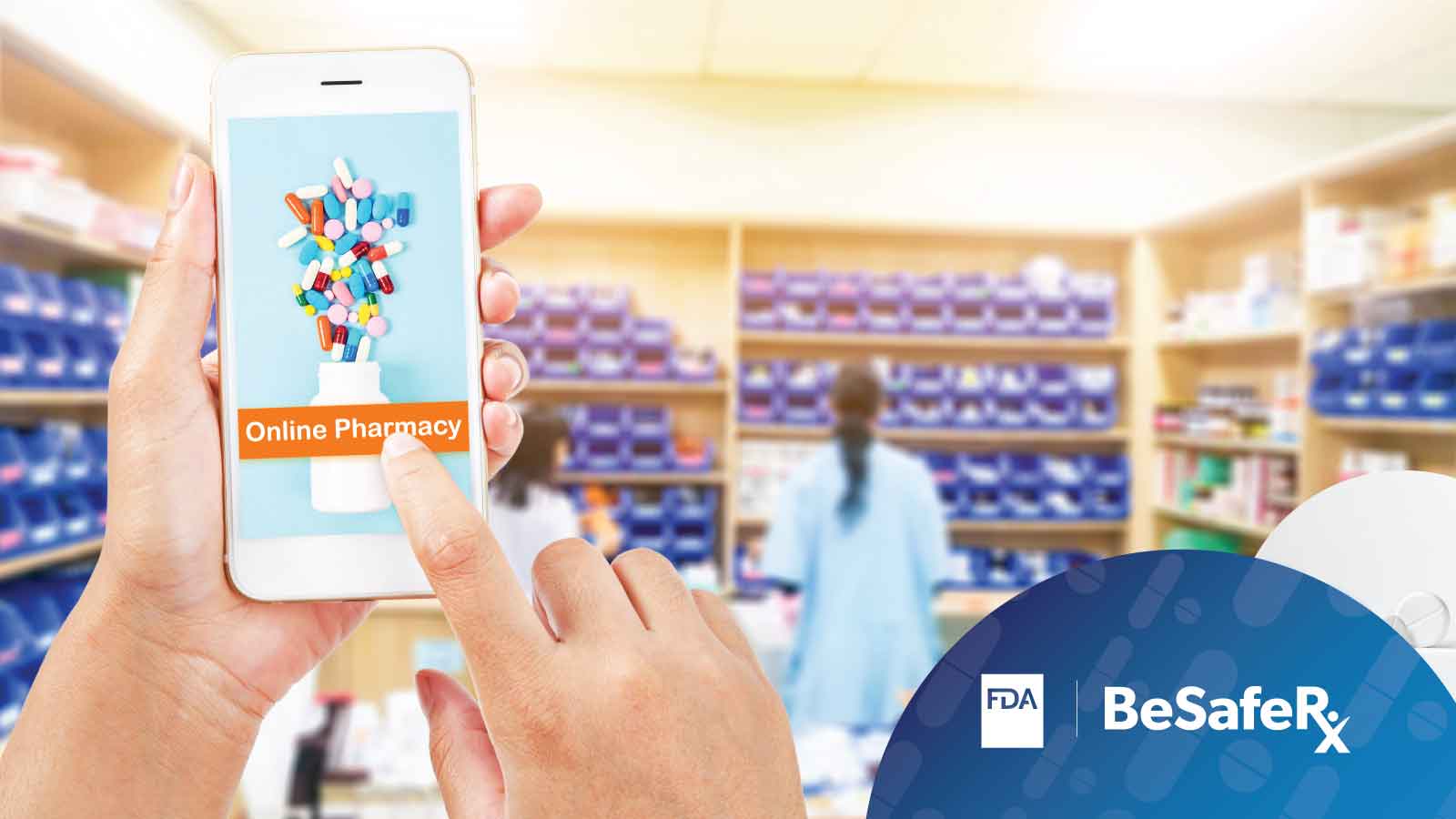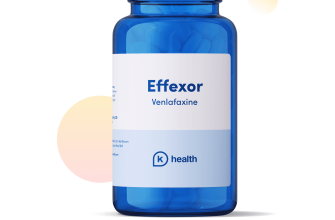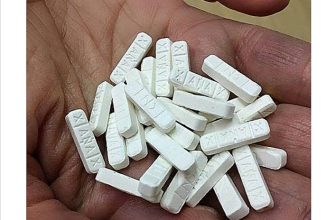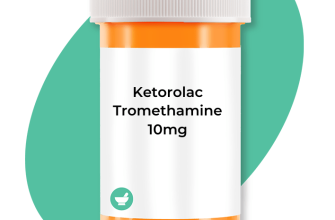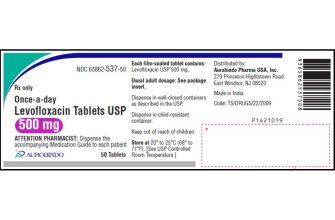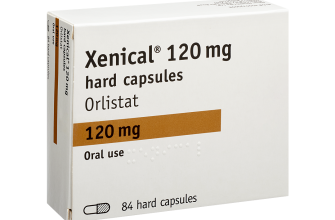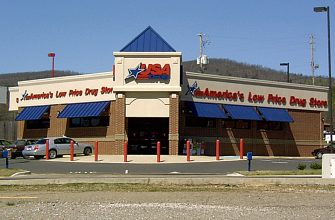Need prescription medication? Start with a verified online pharmacy licensed in your state. Check their accreditation with the National Association of Boards of Pharmacy (NABP) – this confirms they meet strict safety and quality standards. Don’t hesitate to confirm their license directly with your state’s board of pharmacy.
Look for pharmacies offering a secure online ordering system with SSL encryption, protecting your personal and health information. Read independent customer reviews before you make a purchase, paying attention to comments about delivery speed, customer service, and overall satisfaction. Reliable pharmacies provide multiple contact options – phone, email, and live chat – for quick assistance.
Compare prices, but remember that the lowest price isn’t always the best indicator. Prioritize pharmacies that clearly display their pricing, including any shipping fees. Transparency on pricing and medication sourcing reflects a commitment to ethical practices. A licensed pharmacist should be available to answer any questions about your medications or your prescription.
- Online Chemist USA: A Comprehensive Guide
- Finding Legitimate Online Pharmacies in the USA
- Secure Your Personal Information
- Understand Pricing and Ordering
- Contact Information and Customer Service
- Beware of Red Flags
- Verifying Prescription Medications’ Authenticity Online
- Inspect the Packaging
- Verify the Website’s Security
- Contact the Manufacturer Directly
- Use Reputable Online Pharmacies
- Report Suspicious Activity
- Understanding the Legal Framework for Online Pharmacy Use in the USA
- State Regulations
- Recognizing Legitimate Online Pharmacies
- Risks of Using Illegitimate Online Pharmacies
- Conclusion
- Comparing Prices and Services Across Different Online Pharmacies
- Ensuring Secure and Private Online Transactions for Medications
- Protecting Your Payment Information
- Safeguarding Your Personal Information
- Reporting Concerns
- Protecting Yourself from Online Pharmacy Scams
Online Chemist USA: A Comprehensive Guide
Check state licensing requirements before using any online pharmacy. This ensures you’re using a legitimate and safe service.
Verify the online pharmacy’s accreditation with organizations like the National Association of Boards of Pharmacy (NABP) to confirm its legitimacy. Look for a Verified Internet Pharmacy Practice Sites (VIPPS) accreditation seal.
Read online reviews from multiple sources, paying attention to both positive and negative feedback. Consider the overall trend in customer experiences. Look for recurring issues.
Compare prices across different online pharmacies for the same medication. Note that lower prices might indicate lower quality or authenticity.
Confirm the online pharmacy’s security measures. They should use HTTPS encryption to protect your personal and financial information. Look for a padlock symbol in the address bar.
Always contact your doctor before ordering medications online. Discuss potential drug interactions and confirm the medication’s suitability.
Understand the online pharmacy’s return policy in case of damaged or incorrect orders. Know your rights as a customer.
Only use reputable payment methods for online purchases. Avoid using methods that offer little buyer protection.
Keep records of all transactions, including order confirmations, invoices, and shipping information. This helps resolve issues if they arise.
Report suspicious online pharmacies to the relevant authorities, such as the NABP or the FDA.
Finding Legitimate Online Pharmacies in the USA
Check the pharmacy’s license with your state board of pharmacy. Each state maintains a list of licensed pharmacies; verifying this independently is a crucial first step. Don’t rely solely on website claims.
Look for the Verified Internet Pharmacy Practice Sites (VIPPS) accreditation. This is a rigorous program run by the National Association of Boards of Pharmacy (NABP), guaranteeing compliance with high standards of online pharmacy practice.
Secure Your Personal Information
Ensure the website uses HTTPS (the padlock icon in your browser’s address bar) for secure transactions. This protects your personal and financial data during the ordering process.
Read the pharmacy’s privacy policy carefully. Legitimate pharmacies clearly outline how they handle your data. Be wary of ambiguous or overly general policies.
Understand Pricing and Ordering
Compare prices from different accredited online pharmacies. Extremely low prices often indicate counterfeit medications. Be cautious of unbelievably cheap deals.
Confirm the pharmacy’s return policy. This protects you in case of issues with your order. A clear, straightforward return policy is a positive sign.
Contact Information and Customer Service
Verify the pharmacy’s physical address and contact information. A lack of clear contact details is a major red flag. Try contacting them via phone or email to assess their responsiveness.
Read customer reviews and testimonials from reliable sources. While not foolproof, genuine reviews can offer valuable insights into a pharmacy’s service quality and reliability.
Beware of Red Flags
Avoid pharmacies that don’t require a prescription. Legitimate pharmacies always verify prescriptions before dispensing medication. This is mandatory.
Report suspicious online pharmacies to the authorities. This protects others from potential harm and helps maintain public health standards.
Verifying Prescription Medications’ Authenticity Online
Check the pharmacy’s license and accreditation. Confirm their registration with your state’s board of pharmacy and look for accreditation from organizations like the Verified Internet Pharmacy Practice Sites (VIPPS).
Inspect the Packaging
Examine the medication packaging carefully. Look for inconsistencies in printing, misspellings, or unusual coloring. Compare the packaging to images found on the manufacturer’s website. Note that genuine medications often have unique security features, such as holograms or serial numbers.
Verify the Website’s Security
Ensure the website uses HTTPS (look for the padlock icon in your browser’s address bar). This indicates that the website uses encryption to protect your data. Avoid pharmacies with poorly designed or unprofessional-looking websites.
Contact the Manufacturer Directly
Many pharmaceutical companies offer methods to verify the authenticity of their products. This often involves checking a unique code on the packaging against their database. This provides an independent verification of authenticity beyond the online pharmacy itself.
Use Reputable Online Pharmacies
Stick to well-established online pharmacies with positive reviews and a history of compliance. Look for user testimonials and independent reviews. A strong reputation speaks volumes about the pharmacy’s reliability and commitment to safe practices.
Report Suspicious Activity
If you suspect you’ve received counterfeit medications, report it to the authorities immediately. Contact the FDA (Food and Drug Administration) or your state’s board of pharmacy.
Understanding the Legal Framework for Online Pharmacy Use in the USA
Always verify a pharmacy’s legitimacy with your state’s board of pharmacy.
The legality of online pharmacies hinges on several factors. Federal law, specifically the Controlled Substances Act (CSA), heavily regulates the dispensing of controlled substances. Online pharmacies must register with the Drug Enforcement Administration (DEA) to legally dispense these medications. This registration involves stringent requirements, including physical inspection of facilities and adherence to strict security protocols.
State Regulations
Each state possesses its own laws governing the operation of pharmacies, including online ones. These laws vary, affecting aspects such as licensing, prescription verification methods, and permitted dispensing practices. Some states prohibit the filling of prescriptions from out-of-state pharmacies. Check your state’s pharmacy board website for specific regulations.
- Licensing: Verify the pharmacy holds the necessary state license.
- Prescription verification: Ensure the pharmacy uses secure methods to verify prescriptions.
- Patient safety: Check for measures ensuring patient safety, such as proper handling and storage of medications.
Recognizing Legitimate Online Pharmacies
To identify legitimate online pharmacies, look for several key indicators:
- Verification of the pharmacy’s license with the relevant state board.
- Use of secure websites (HTTPS), displaying a padlock icon in the address bar.
- Presence of a U.S. physical address and contact information.
- A USA-based pharmacist readily available for consultation.
- Clear privacy and security policies protecting patient information.
- Accreditation by recognized pharmacy organizations such as VIPPS (Verified Internet Pharmacy Practice Sites).
Risks of Using Illegitimate Online Pharmacies
Using unverified online pharmacies poses substantial health risks. Counterfeit or substandard medications are a major concern, potentially leading to treatment failure or adverse health effects. Furthermore, these pharmacies may not maintain adequate privacy protections for personal information.
Conclusion
Prioritize safety by using licensed and verified online pharmacies. Understanding the applicable federal and state regulations will help protect your health and personal data.
Comparing Prices and Services Across Different Online Pharmacies
Start by checking several reputable online pharmacies. Compare prices directly on their websites, focusing on your specific needs. Consider factors beyond just the medication cost.
Shipping fees vary significantly. Some pharmacies offer free shipping above a certain order value, while others charge a flat rate or a percentage of the total. Factor these into your total cost calculation.
Prescription processing times differ. Some pharmacies process prescriptions within 24 hours, while others may take several days. Check their estimated delivery times before ordering, especially for urgent medication needs.
Customer service is key. Read online reviews to gauge the responsiveness and helpfulness of each pharmacy’s customer support team. A reliable pharmacy should offer multiple contact methods (phone, email, live chat).
Verify the pharmacy’s legitimacy. Ensure they’re licensed and accredited by relevant authorities. Look for verification seals and contact information clearly displayed on their website.
Medication selection matters. Check whether the pharmacy stocks your required medications and dosage forms. Compare the available brands and generic options, noting price differences.
Payment options impact convenience. Many pharmacies accept major credit cards and sometimes offer other payment methods like PayPal. Choose a pharmacy that suits your preferred payment method.
Return policies provide buyer protection. Check each pharmacy’s return policy in case of damaged or incorrect orders. A clear and straightforward return policy builds trust.
Privacy matters. Reputable online pharmacies prioritize customer privacy and data security. Look for information about their data protection policies and security measures.
Ultimately, the best online pharmacy for you depends on your individual needs and preferences. By carefully comparing these factors, you can confidently choose a reliable and affordable option.
Ensuring Secure and Private Online Transactions for Medications
Check the pharmacy’s website for security certifications like Norton Secured Seal or McAfee SECURE. These indicate the site uses encryption to protect your data.
Look for HTTPS in the website address. The “s” signifies a secure connection, encrypting information sent between your browser and the pharmacy’s server. Avoid sites lacking this.
Use strong, unique passwords for your pharmacy account, different from those used elsewhere. Consider a password manager to help generate and store them securely.
Protecting Your Payment Information
Pay with reputable payment gateways like PayPal or Stripe. These offer buyer protection and robust security measures. Credit card payments should be made on secure, encrypted pages.
Never share your credit card information via email or unsecure websites. Legitimate pharmacies will never request this information outside of a secure checkout process.
Safeguarding Your Personal Information
Review the pharmacy’s privacy policy. It should clearly explain how they collect, use, and protect your personal data. Be wary of sites lacking transparency.
| Data Type | Security Expectation |
|---|---|
| Personal Information (Name, Address) | Encrypted transmission, secure storage, limited access |
| Medical History | Strict confidentiality, HIPAA compliance (if applicable) |
| Payment Details | PCI DSS compliance (for credit card transactions) |
Reporting Concerns
Report suspicious activity immediately. Contact your bank if you see unauthorized charges or the pharmacy if you suspect a data breach. File complaints with the relevant authorities if necessary.
Protecting Yourself from Online Pharmacy Scams
Verify the pharmacy’s license with your state board of pharmacy. This simple check can prevent many problems.
Check the website for a physical address and contact information. Avoid sites with only a PO Box or no contact details.
Look for a seal indicating accreditation by a reputable organization, such as the Verified Internet Pharmacy Practice Sites (VIPPS) program. This certification signifies adherence to high standards.
Scrutinize the website’s security. Look for “https” in the URL and a padlock symbol in your browser’s address bar, indicating secure data encryption.
Be wary of unbelievably low prices. Prices significantly lower than elsewhere could signify counterfeit or substandard medications.
Read customer reviews and testimonials, paying close attention to negative feedback. Be wary of reviews that appear overly positive or generic.
Never share your personal or financial information on a website that doesn’t appear trustworthy. Use secure payment methods.
Consult your doctor or pharmacist before ordering medications online. Ensure the online pharmacy is dispensing medications legitimately and safely.
Report suspicious online pharmacies to the authorities. This helps protect others from falling victim to scams.
Only use pharmacies that require a prescription from your physician. Legitimate pharmacies will not sell prescription drugs without a valid prescription.

